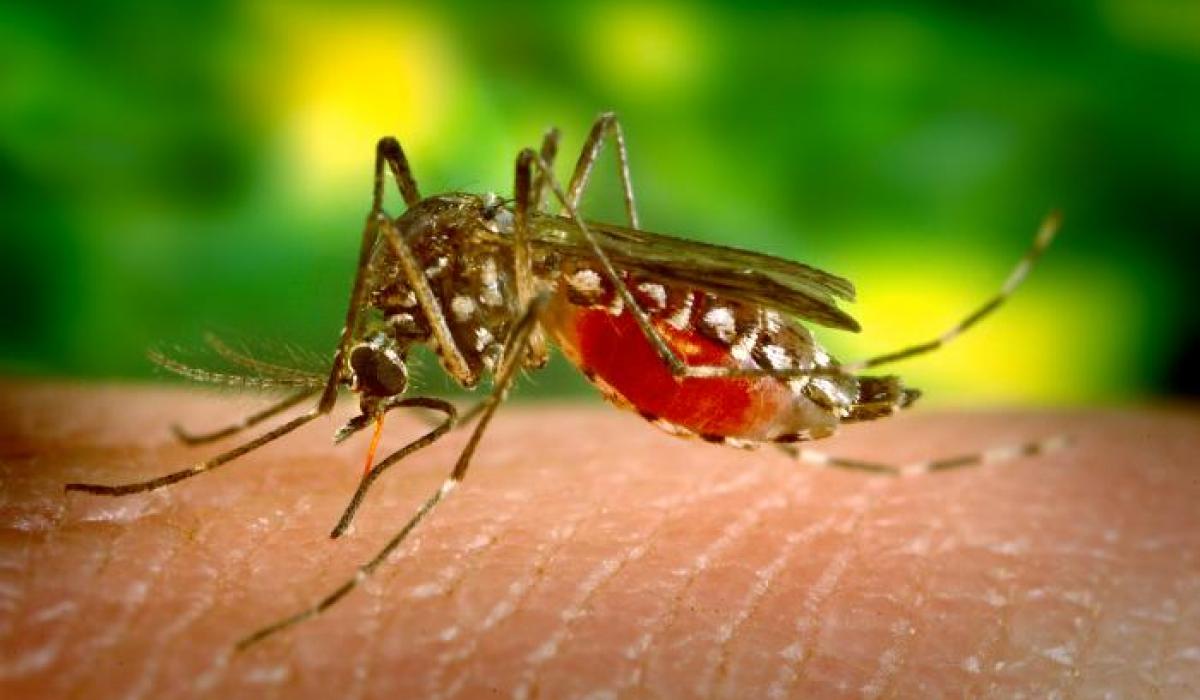
Principal Investigator: Dr. Ally Olotu & Dr. Fatuma Manzi
Project leader/ Coordinator: Farida Hassan
Project Administrator: -
Funding Partner: World Health Organization (WHO), the US President’s Malaria Initiative (PMI), and the Swiss Tropical and Public Health Institute (Swiss TPH)
Start date: April 1, 2025
End date: Dec. 31, 2025

Subnational Tailoring for Malaria Control in Tanzania: An Exemplars Study on Implementation, Decision-Making, and Impact
The Subnational Tailoring (SNT) for Malaria Control in Tanzania: An Exemplar Study aims to investigate and document Tanzania’s experience with implementing SNT strategies for malaria control. The ultimate goal is to draw lessons that can guide other countries interested in adopting similar approaches. Tanzania has documented great achievements and qualifies as an exemplar country for its effective use of local data to inform malaria interventions.
What is Sub-National Tailoring (SNT) for Malaria Interventions?
Sub-National Tailoring (SNT) is the use of local data and contextual information to determine the appropriate mixes of interventions and strategies for a given area for optimum impact on transmission and burden of malaria.
Study objectives
The objectives of the study are fourfold and include:
- To analyze the processes that Tanzania undertook to operationalize SNT to inform malaria strategy & resource allocation
- To determine barriers and facilitators to SNT implementation in Tanzania
- To analyze practices, contextual & core capacities that enabled each step of SNT to be successfully operationalized
- Analyze key decisions influenced by the SNT, identifying instances of positive or negative deviation from standard practices, assessing the extent of their implementation, and evaluating their national or sub-national impact
Conceptual framework
The project is grounded in a conceptual framework with three major pillars: Generating Evidence (collecting and assembling relevant data), Synthesizing Evidence (analyzing data to stratify areas and propose interventions), and Acting on Evidence (delivering services based on findings and evaluating their impact).
The expected outcome of the study is to generate robust, evidence-based documentation that highlights Tanzania’s strategic use of SNT. This will serve as a valuable reference for global malaria control and elimination programs, guiding how to tailor interventions using localized data and contextual insights.
Study site and population
The study will involve three regions selected based on malaria trend analysis from 2013 to 2024. They include: Lindi, Ruvuma, and Singida (positive trends), Arusha, Mara, and Tabora (negative trends), and Katavi, Kilimanjaro, and Shinyanga (no notable change). From each region, a districts will be further identified for in-depth interviews.
Study leadership and team
The project is being led by Ifakara Health Institute. The team includes Dr. Ally Olotu, the Principal Investigator, Dr. Fatuma Manzi, the Co-Principal Investigator, Dr. Irene Moshi (Social Scientist), Ms. Farida Hassan (Project Leader), Mr. Samweli Lwambura (Statistician), and Mr. Eliah Lumwago (Intern).
Partnerships and stakeholders involved in the project
The study brings together key partners and stakeholders. Funders include the World Health Organization (WHO), the US President’s Malaria Initiative (PMI), and the Swiss Tropical and Public Health Institute (Swiss TPH). Technical partners are IHI, Swiss TPH, WHO, and PSI. Implementers consist of the NMCP, the Ministry of Health (MoH), the President’s Office–Regional Administration and Local Government (PO-RALG), and regional and district-level authorities.
